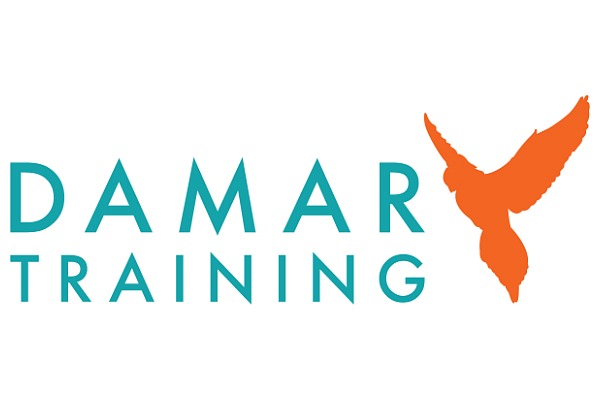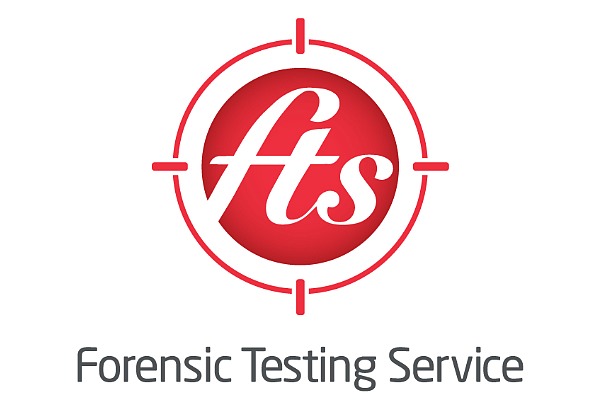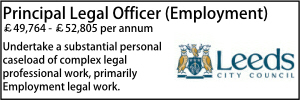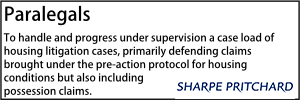SPONSORED

Unlocking legal talent

How hair strand testing should be instructed for family court proceedings
Webinars
Judge allows employee of unsuccessful bidder to be part of confidentiality ring in legal challenge over award of e-bike concession contract
Liverpool City Council is facing a legal challenge from Lime Technology over the procurement of an e-scooter and e-bike concession contract, it has emerged.
- Details
The existence of the claim for breach of obligations under the Concession Contracts Regulations 2016 was revealed in a High Court judgment last week.
Liverpool issued a tender for the concession contract along with an invitation to tender (ITT) on 10 January 2025.
The ITT, which was later amended, required bidders to complete and submit a pricing schedule as part of their final tender. It also provided guidance as to how the bidders' submissions would be evaluated.
The contract was awarded on 2 April 2025 to Bolt, a rival provider to Lime.
Lime commenced proceedings by the issue of a claim form on 25 April 2025.
One limb of the claimant’s case alleges “breach of the duties of transparency and equal treatment”. It also alleges breaches “of the tender rules in failing to evaluate and reject Bolt’s tender response as abnormally high.”
The claimant applied for specific disclosure of various categories of documents, amongst others:
(1) Any criteria, sub-criteria, information, evidence or standards used by LCC [Liverpool City Council] when conducting the evaluation process in respect of Bolt's tender response;
(2) The contemporaneous evaluation documents recording the evaluation and/or verification process conducted by LCC in respect of Bolt's tender response and LCC's decision that the Bolt pricing submission should be accepted;
(3) Bolt's pricing submission;
(4) The contemporaneous evaluation documents recording the evaluation and/or verification process conducted by LCC in respect of Bolt's tender response's compliance with parts of the tender documentation and LCC's decisions that Bolt complied with the published tender requirements.
On 14 May 2025, Lime provided the city council with a draft order establishing a confidentiality ring (CRO). This made clear that it was proposed that an "Employee of the Claimant" should be included within the confidentiality ring.
However, there was disagreement between the parties as to whether the Lime employee should be admitted.
In Lime Technology Ltd v Liverpool City Council [2025] EWHC 1654 (TCC) (01 July 2025), Roger Ter Haar KC, sitting as a Deputy High Court judge, said: “Lime proposes that a client representative should be included within the CRO, i.e. should have access to the confidential information which LCC [Liverpool City Council] is to disclose.
“The sensitive information concerns Bolt's pricing proposals and cost information. There is no doubt that this information is confidential and, with full justification, is regarded by Bolt as being of the highest sensitivity.”
The judge accepted that Bolt had legitimate commercial concerns as to the risk of highly sensitive information being leaked and/or misused.
However, Mr Ter Haar KC also found that Lime had a legitimate interest in someone from within its organisation having access to the pricing information, so as to assess whether a challenge based upon allegedly abnormal pricing in its competitor’s tender had “sufficient credibility” to justify pursuing a challenge before the Court.
He added: “That assessment and the formulation of any amendments to the pleadings to reflect the disclosed information are not matters which a lawyer can carry out without the benefit of advice from someone experienced in the commercial activity in which Lime and Bolt are engaged: in particular I would regard it as problematic for Lime's solicitors to make the usual Statement of Truth without informed instructions from either someone within the Lime organisation or an expert witness.”
The judge said: “These short term considerations suggest to me that the nettle must be grasped now: as is usual in procurement challenges, the disappointed tenderer has limited visibility of what went on in the evaluation of the tenders until initial disclosure has been given. Once initial disclosure has been given the challenger must decide whether to commit time and money to the proceedings (often at considerable inconvenience to the challenged authority and successful tenderer). This needs to be an informed decision.”
Mr Ter Haar KC concluded that Lime’s employee should be included within the CRO subject to giving certain proffered undertakings.
Lottie Winson
Director of Legal and Governance (Monitoring Officer)
Assistant Director - Legal & Governance
Head of Governance & University Solicitor
Senior Lawyer - Advocate
Head of Legal Shared Service
Lawyer (Sabbatical)
 Business and Property Masterclass #5: Interim Relief – Acting urgently and getting it right - Cornerstone Barristers
Business and Property Masterclass #5: Interim Relief – Acting urgently and getting it right - Cornerstone Barristers
10-09-2025 11:00 am
Online (live)
 Business and Property Masterclass #6: Rights of Light and Restrictive Covenants - Cornerstone Barristers
Business and Property Masterclass #6: Rights of Light and Restrictive Covenants - Cornerstone Barristers
23-09-2025
Online (live)
 Institutional landlord series: Possession – High Court Enforcement - 5 Pump Court
Institutional landlord series: Possession – High Court Enforcement - 5 Pump Court
22-10-2025 4:00 pm
Online (live)
 Institutional landlord series: Costs Recovery and Legally Aided Parties - 5 Pump Court
Institutional landlord series: Costs Recovery and Legally Aided Parties - 5 Pump Court
05-11-2025 4:00 pm
Online (live)
 HMPL Building Blocks: Tenancy Management – Assignment, Mutual Exchange and Succession - Devonshires
HMPL Building Blocks: Tenancy Management – Assignment, Mutual Exchange and Succession - Devonshires
12-03-2026
Online (live)
 Unpicking the Procurement Act Episode 2: Exclusion and Debarment - 39 Essex Chambers
Unpicking the Procurement Act Episode 2: Exclusion and Debarment - 39 Essex Chambers
On Demand
Online (pre-recorded)
 Unpicking the Procurement Act Episode 1: Overview and New Procedures - 39 Essex Chambers
Unpicking the Procurement Act Episode 1: Overview and New Procedures - 39 Essex Chambers
On Demand
Online (pre-recorded)
 Unpicking the Procurement Act Episode 3: Contract Modification - 39 Essex Chambers
Unpicking the Procurement Act Episode 3: Contract Modification - 39 Essex Chambers
On Demand
Online (pre-recorded)
 Unpicking the Procurement Act Episode 4: Challenges and Remedies - 39 Essex Chambers
Unpicking the Procurement Act Episode 4: Challenges and Remedies - 39 Essex Chambers
On Demand
Online (pre-recorded)
















































































 A-Z Family Law: Take Two! - 42 Bedford Row
A-Z Family Law: Take Two! - 42 Bedford Row  Executive Programme in Public Procurement Law and Policy - University of Nottingham
Executive Programme in Public Procurement Law and Policy - University of Nottingham  Property Law Roadshow 2025 - Bristol - St John's Chambers
Property Law Roadshow 2025 - Bristol - St John's Chambers  CUBAS Comprehensive Training & Licencing (Manchester), September 2025
CUBAS Comprehensive Training & Licencing (Manchester), September 2025  AI in the Public Sector Conference - Westminster Insight
AI in the Public Sector Conference - Westminster Insight  Activism in the Workplace - 42BR Barristers Employment Law Annual Lecture
Activism in the Workplace - 42BR Barristers Employment Law Annual Lecture  DoLS Authoriser Training - LPS Law
DoLS Authoriser Training - LPS Law  Property Law Roadshow 2025 - Cardiff - St John's Chambers
Property Law Roadshow 2025 - Cardiff - St John's Chambers  Annual Fraud Conference 2025 - Oxford Investigation Service
Annual Fraud Conference 2025 - Oxford Investigation Service  Ivy Legal - Certificate in Planning Enforcement
Ivy Legal - Certificate in Planning Enforcement